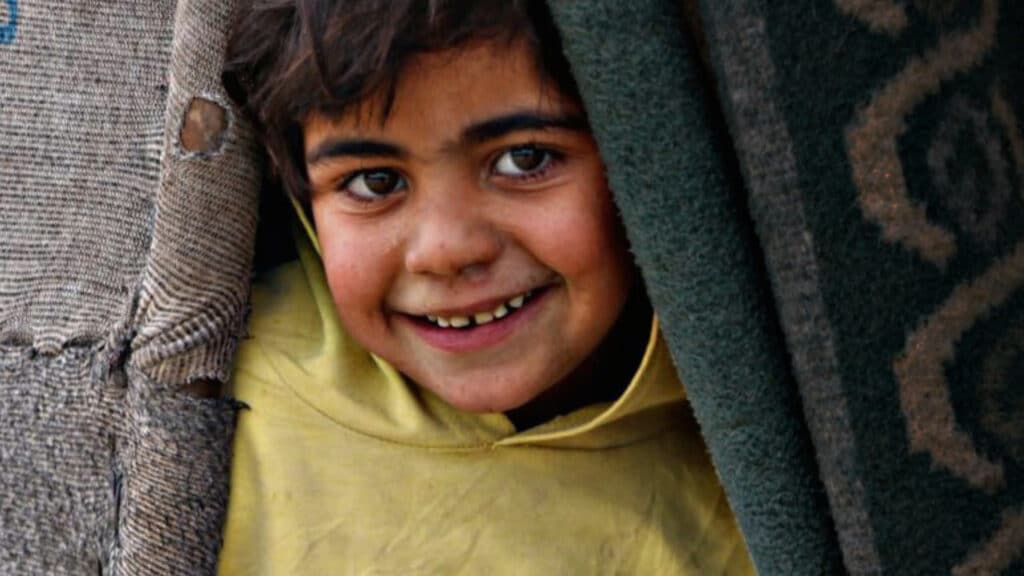The conflict between Israel and the Iran-backed Hezbollah militia and political party in Lebanon is escalating, causing death, injury, displacement and destruction across Lebanon.
Intense fighting
Since 23 September, over 1,600 Israeli strikes have hit cities, towns, and villages deep inside Lebanon. Within 24 hours, more than 550 people had been killed, 1,800 injured, and tens of thousands displaced.
This follows attacks by Israel on Hezbollah pagers and walkie-talkies last week, in which dozens of people were killed and thousands injured, to which Hezbollah responded by firing hundreds of rockets into Israel.
The area around Israel’s northern border with Lebanon has seen nearly daily exchanges of fire since Hezbollah began attacking it in solidarity with Hamas in Gaza a year ago.
The strikes since 23 September have hit southern Lebanon, the Bekaa Valley, the Beirut suburb of Dahiyeh, and areas further north on Lebanon’s coast.
This is Israel’s most intensive bombing of Lebanon in two decades. With Israel considering a ground assault, the conflict could spark a wider war in the Middle East.
Urgent humanitarian needs
Mass displacement continues, reaching an estimated 201,000 internally displaced people today as a result of the airstrikes, according to figures from the International Organisation of Migration.
The UN refugee agency has reported that thousands of Lebanese and Syrian people are fleeing Lebanon for Syria.
The latest intensification of fighting comes against a backdrop of Lebanon experiencing overlapping crises across politics, the economy, finance and the social and health systems since 2019.
The recent airstrikes have further destroyed hospitals, medical centres, schools, homes, and businesses.
UN children’s agency staff have reported high levels of psychosocial distress and trauma among caregivers, children, and humanitarian workers in collective shelters.
Hospitals have been struggling to tend to the wounded. Lebanon’s health system was at breaking point even before the latest escalation of violence, including severe shortages of staff, medicine, and equipment.
Across Lebanon, 18 Primary Health Care Centres (PHCs) were closed on 25 September 2024 due to their location in high-risk areas.
The Minister of Education & Higher Education announced the postponement of the new school year until 14 October 2024.
Four water stations in South and Bekaa Governorates were damaged by strikes on 25 September 2024, amounting to a cumulative damage to 24 water stations since October 2023, affecting access to water for more than 250,000 people.
Please help
The scale and urgency of health and humanitarian needs will increase as civilians continue to be impacted by the traumas of violence, forced displacement, disrupted access to health care, food insecurity, and lack of access to clean water and sanitation.
Action Syria provides education support in the severely affected Bekaa Valley, and we are working with our partner, SAWA to see how we can best respond to this escalation. Please donate now so that we can help people who have been displaced or wounded.

Keeping supporters clued up on our work is important to us. Sign up to keep up to date with where the funds go and the impact they have, and how you can support us.